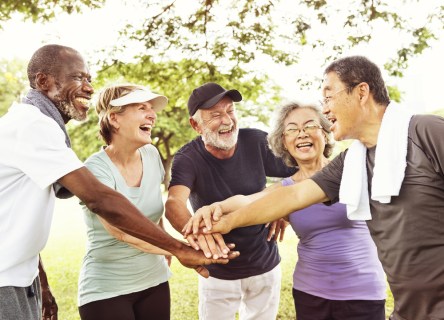Social programming has long been a component of many senior living establishments. The quality and quantity of activities, however, vary greatly and may be affecting your residents’ health. The social programming at your site can contribute to the wellbeing and satisfaction of your residents, providing you with a competitive upper hand. Socialization Boosts Wellness Psychology Today reports on the health benefits of socializing. A few of the benefits include: Mental Fortitude: Interacting with other living beings has proven to improve memory and cognitive skills while fending off the onset and development of dementia. Mental Wellness: Face-to-face interaction minimizes the risk of depression, improves mood, and contributes to an overall sense of wellbeing. Longevity: Isolation can shorten our lifespans. Staying social helps to extend our lifeline regardless of our physical health history. Immunity: Socializing with others can strengthen seniors’ immune system. There is a complex relationship between our immune system and the regions of our brain that influence social interaction. Fitness: For seniors, interacting with others often includes getting out and doing things that they may not do alone. Social activities encourage seniors to stay physically active. Just How Long Ought We Socialize? How much socializing ought we pursue each day? Researchers suggest that we should aim for about six hours of interaction daily. This time can be spent with people, animals, or any combination of the two. That recommendation may not work for everyone, particularly for seniors who have gone for many years limited interactions. Easing into an a socially active schedule little by little may be a more appropriate approach. Ideas for More Social Seniors Below are a few ideas for the community as well as individuals that can help seniors reach the recommended six hours of social activity. Community Classes: While arts...

